Exploring deep regional roots: historical ties that define a state’s Southern identity
What makes you Southern? Or better yet, what determines whether you come from the South or not? This question is much more complicated than just straightforward geography, and there are many factors to consider.
Here’s a look at what makes a state culturally Southern, with the caveat that Southern as as much a state of mind as a geographical position.
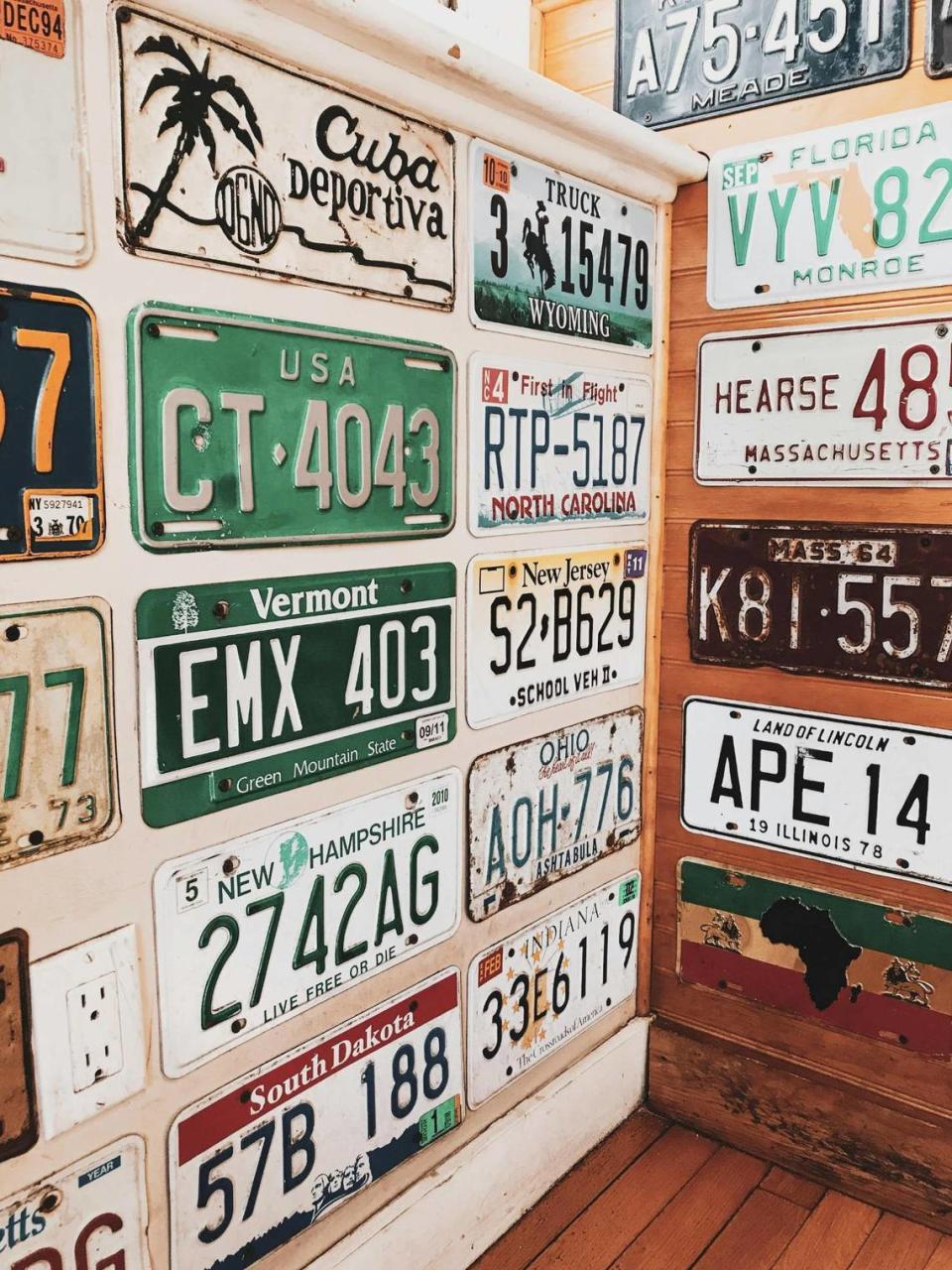
The idea of the ‘deep South’
The “deep South” is often considered include the states that fall below the Mason Dixon line, yet this isn’t the whole story, culturally. While it’s technically the line that separates Pennsylvania and Maryland, what is “southern” are the states that have the strongest historical ties to British and African settlers
These states, in antebellum history, had plantation-based economies that relied on the slave industry to support agriculture. These are what most people most closely associated with the “South,” states like Mississippi, Alabama, Georgia and South Carolina.
Those four came up most often across AirBnB listing descriptions using phrases such as “southern charm” or “southern hospitality.” This means property owners in these states are keen to capitalize on the idea of the South and are relying on this bit of culture to bring in guests.
The second tier of southern states that have more elusive ties to southern values are Tennessee, North Carolina, Arkansas and Virginia. These factors have to do with geography but also the singular identities these states have carved out for themselves - think Nashville’s country music or horse racing in Kentucky.
It’s all about the accent, y’all
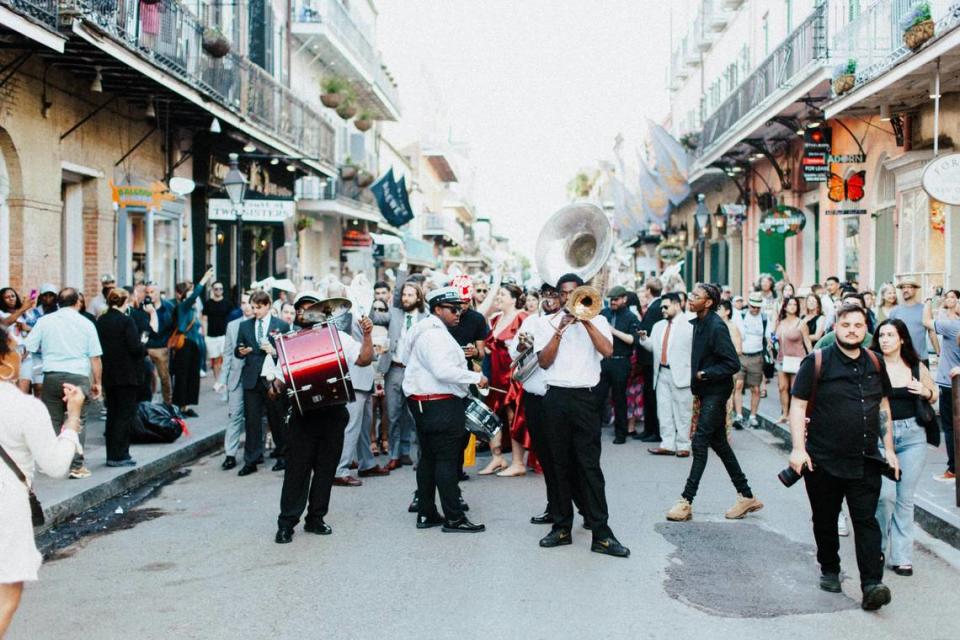
One of the most defining features of the South is its denizens’ accent, but this is also a complicated and varied determinant. Here are the most recognizable:
Coastal/Low land accent - this is often what you hear characters sound like on television or in movies. Think Gregory Peck’s accent for Atticus Finch from “To Kill A Mockingbird.” Prevalent in the Deep South states
Inland/Mountain Southern Accent- this is mostly found in Appalachian regions like eastern Tennessee, Kentucky, West Virginia. Think Loretta Lynn’s “Coal Miner’s Daughter” and the way she says “holler” for “hollow.”
Southern Louisiana/New Orleans or “Yat” - heavily influenced by French and the Creole patois. It is so hard to replicate this dialect. TV and film producers sometimes reject actors because their dialect doesn’t feel like the expected “Southern accent.”
The Charleston/low country- heavily influenced by the Gullah Geechee culture, it can be one of the hardest accents to understand.
Unfortunately, it still has a lot to do with ties to the Confederacy and the Civil War
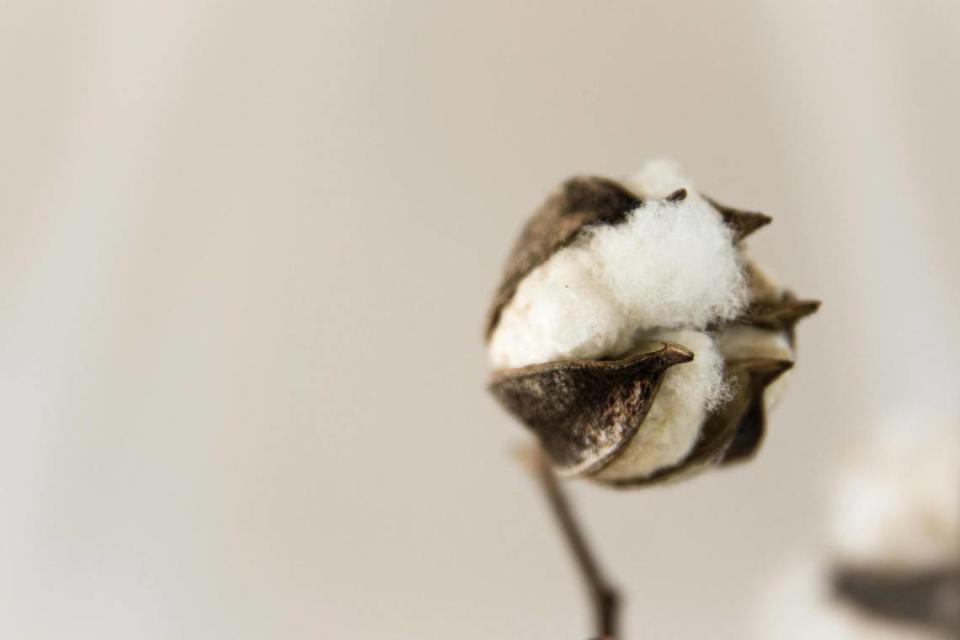
The Southern legacy is macabre and troubling in many ways, but the Civil War is one of the most prevalent factors in identifying states as “southern.”
Because the antebellum economy relied heavily on slavery, a core part of the South’s identity then was formulated on maintenance of this institution. The South’s desire to preserve slavery and the plantation system was a core part of its cultural identity prior to the war.
States that featured cash crops like cotton, tobacco or indigo and relied on slave labor for its success are the most southern, according to some studies.
So many customs associated with “southerness” come from the Confederacy, and these have become synonymous with southern values. Premises such as “southern belles,” the idea of the “Lost Cause,” chivalry and gentility and hospitality come directly from this era.
Behavior norms traditions that are associated with the South often play a role

Southerners are known for their warmth and politeness, and the extra effort to make others feel welcome. There are some examples for “behavin’” southern:
Offer guests, even unexpected ones, some sort of refreshment. Whether it be tea or lemonade or a sandwich, they’ll expect the gesture.
Don’t be “ugly” to anyone’s face. And this doesn’t refer to how you look, but rather how you act.
Say “yes ma’am” and “no sir.” Period. Nothing makes you stand out more in the South to reacting negatively to being called “ma’am.” It has nothing to do with age or status.
Write that thank you note, and it can’t be electronic. You have to put pen to paper, put it in an envelope and send it away.
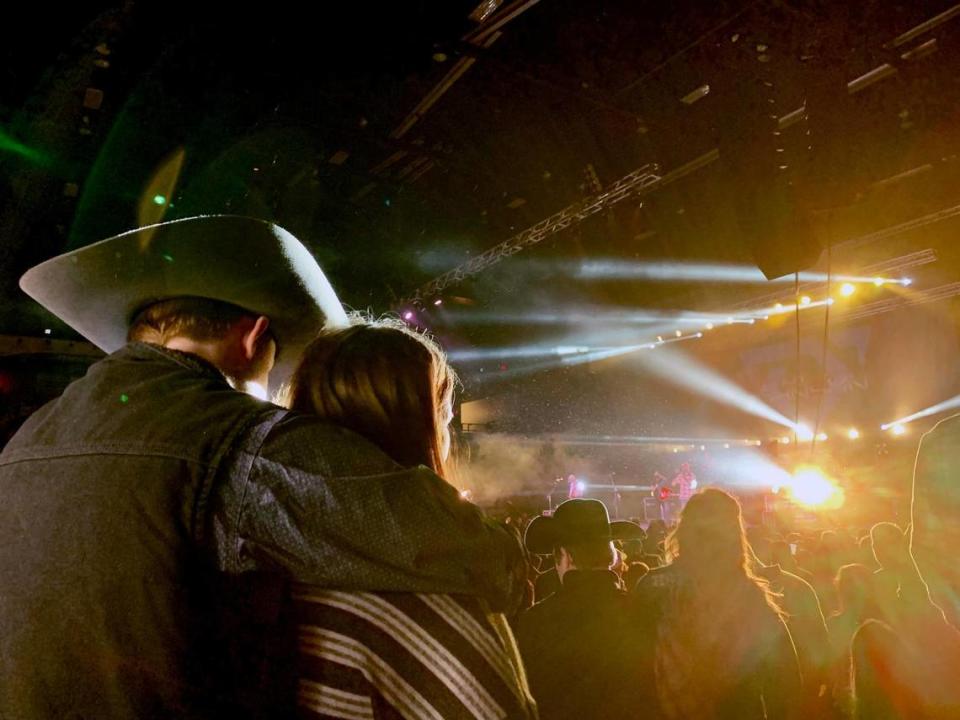
Why isn’t Texas considered ‘southern’?
While technically in the geographic south, Texas is its own animal. Heavily influenced by Mexican settlers, Texas feels far less rooted in Anglo-Saxon traditions than the “deep south.” Western heritage and cowboy culture differentiate Texas from the rest of the plantation-based culture of the more eastern southern states.
The holdover attitudes from the Republic of Texas era and the pride of the Alamo make it unlike any other state in the South and create a personality unto its own.
What about Florida? That’s the South, right?
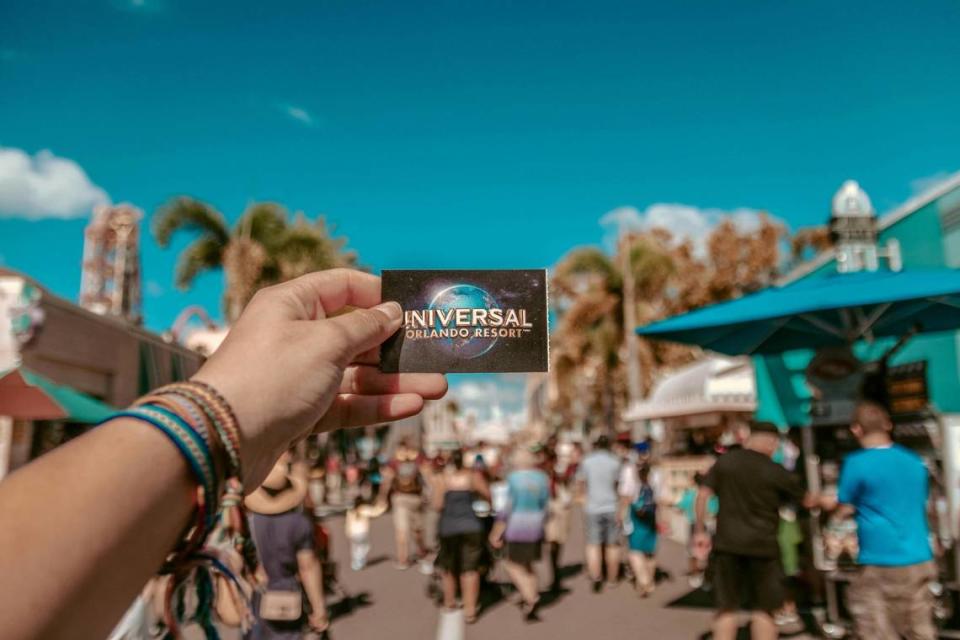
Yes and no. The Panhandle is typically considered the south because it adheres to most of the values and characteristics of the traditional southern paradigm. However, once you pass the midway mark of the state, it changes into an entirely different entity.
South Florida draws influence from its Caribbean, Latin American and Cuban roots, making it a true melting pot of its heritage and settlers. The urban dynamic of cities like Miami contrasts to other parts of the south, while Orlando relies so heavily on tourism that it is a chameleon of culture and identity.
The good parts of southern culture have made their way to all corners of the United States, and it’s not a big surprise to hear “y’all” in the Midwest or find grits on New England menus. Southern culture goes where it’s needed.
Ideas or opinions about local restaurants? Email me or follow me on Instagram. I’d love to hear from you!


